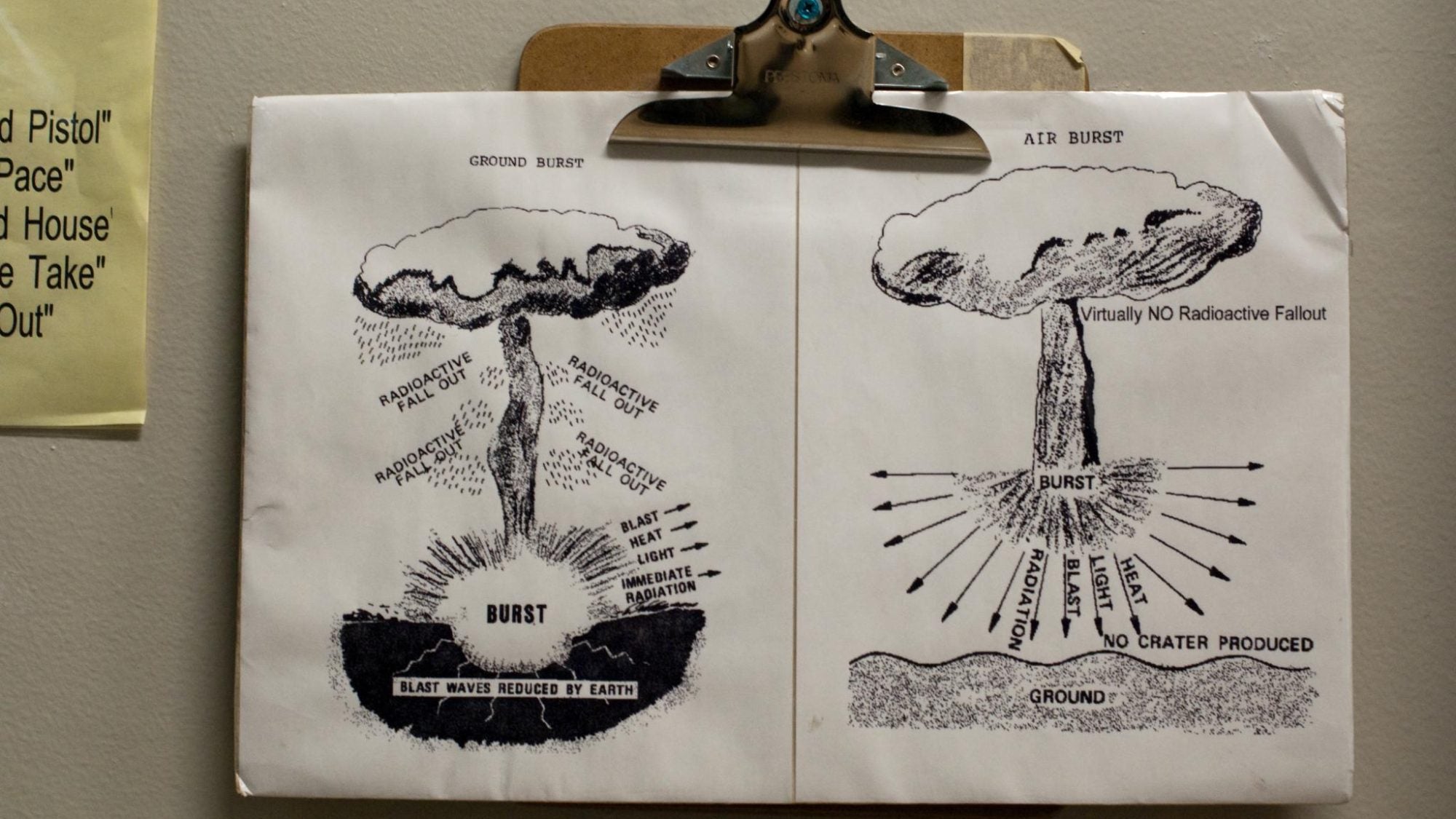An eminent and lucid scholar, Waltz committed the error of trying to fit an incorrect piece of a puzzle into a coherent theory.
His theory whereby nuclear powers have never gone to war against each other has, so far, proven to be right. However, trying to extend this fact in a mechanical manner into a future scenario involving Iran is questionable.
To begin with, the leadership of Iran, as distinct from that of any other of the current nuclear powers, has called for the destruction of its enemy as a sovereign entity. It has made it clear, time and again, that its aim is to see Israel destroyed. Further, it has gone so far as to engage in virulent anti-Semitic rhetoric reminiscent of Nazi ideology. The latest statements made by Iran’s president and vice president at a United Nations Conference provide clear testimony to that, along with the fact that it is one of the few countries that denies the Holocaust.
Waltz ascribes to the Iranian leadership the same kind of decision-making logic with regard to Israel as he does to the other nuclear powers concerning their rivals or enemies. He seems to imply that the benefit versus cost equation applies in the same manner in all cases.
He may be right. However, considering the clear aims of Iran’s leaders and the ideological motivation behind them, he asks Israel and all other powers interested in stability in the region to risk more than is prudently warranted.
Further, even if one were to believe that Iran’s leaders can be deterred, a nuclear Iran would be, contrary to what Waltz argues, a more self-assured revolutionary power in the region.
It will feel less, rather than more, constrained to incite its allies against Israel and any other country in the region. After all, even according to Waltz’s own theory, Israel would never use its nuclear weapons against Iran even if Hezbollah or any of Iran’s other allies repeatedly attacked it. Why should a nuclear Iran be less willing to engage even more vigorously in supporting proxy attacks than it does at present? Iran’s immunity would be enhanced as the costs of attacking it are perceived to increase.
Waltz seems to be incredulous that Israel should continue to be the only nuclear state in the Middle East. How can one fathom such a scenario? A nuclear Iran appears to him to be a solution to a problem that does not exist. After all, even if Israel does possess nuclear weapons, the fact remains that it is the only country on the planet that has been threatened with its very existence. Nuclear weapons are an insurance policy against destruction.
For Israel, possessing nuclear weapons is not aimed simply at deterring an attack, but rather at avoiding its destruction. A nuclear Iran would only make this truth even more evident.
. . .
Dr. Yoav J. Tenembaum lectures at the Diplomacy Program (Political Science Department), Tel Aviv University, Israel. He holds a doctorate in Modern History from Oxford University and a master’s degree in International Relations from Cambridge University.
Image Credit: Iouri Goussev, CC BY-SA 2.0, via Wikimedia Commons.
This is an archived article. While every effort is made to conserve hyperlinks and information, GJIA’s archived content sources online content between 2011 – 2019 which may no longer be accessible or correct.

